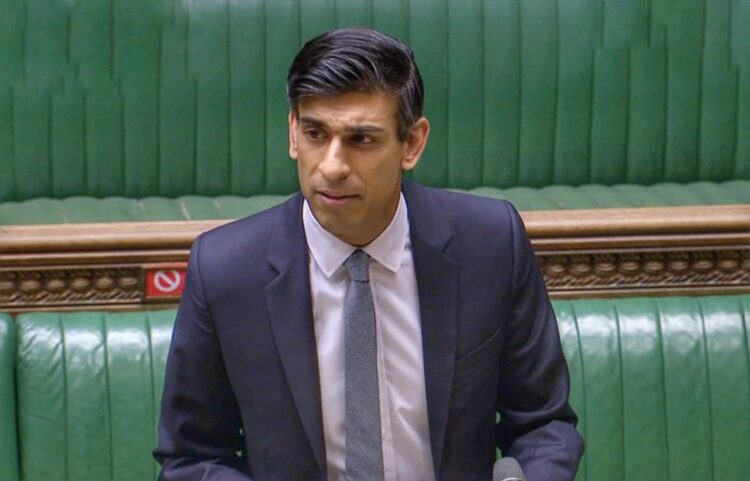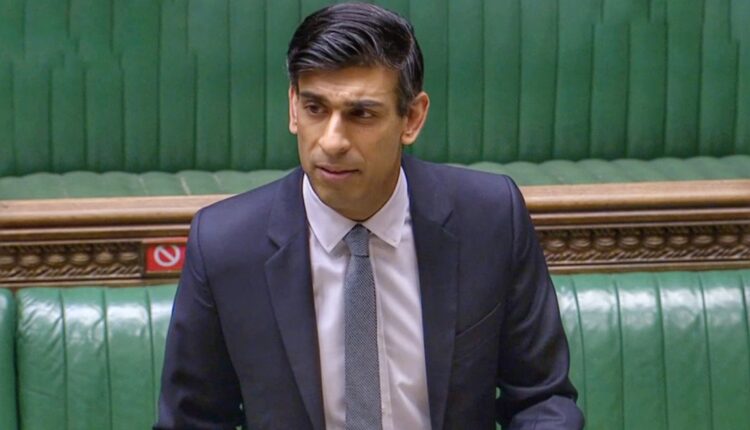Freeports are designated zones where normal tax and customs rules do not apply and in his Budget, Chancellor Rishi Sunak said Liverpool city region will be one of eight such zones. Tony McDonough reports

Liverpool city region has been named as one of eight new UK freeports, offering a potential annual boost to the Merseyside economy of £739m.
Freeports are designated zones where normal tax and customs rules do not apply. These can be airports or other hubs as well as maritime ports. At a freeport, imports can enter with simplified customs documentation and without paying tariffs.
In his Budget speech to the House of Commons, Chancellor Rishi Sunak revealed eight new freeport regions across the UK – Liverpool city region, the Thames, the Solent, East Midland, Freeport east (Felixstowe and Harwich), Plymouth and South Devon, the Humber and Teeside.
Mr Sunak said the introduction of freeports was only possible now we have left the EU. In January. Chris Shirling-Rooke, chief executive of industry body, Mersey Maritime said in January that a Liverpool city region freeport offered “the opportunity to create thousands of local jobs using our centuries old gateway to the world.”
Following the latest announcement, he added: “Massive news for the Liverpool city region as the Chancellor confirms the first eight Freeport locations in England. Huge thanks to our members, local MPs and all stakeholders who have pushed this important agenda with us.”
A report by consultancy Mace in 2019 estimated a freeport could add £739m to Liverpool city region’s economy every year – equivalent to £1,500 for every household – and would see the creation of 12,000 high-value jobs.
And January, a study carried out by property consultancy Avison Young said Liverpool city region freeport could be a key driver of the recovery of the local economy following the COVID-19 pandemic.
In his Budget speech in the House of Commons, Mr Sunak laid out the devastating impact of the COVID-19 pandemic. He said 700,000 people has already lost their jobs and the economy has shrunk by 10%, the largest fall in more than 300 years.
But he added: “We will recover. We will continue doing whatever it takes to support British people and businesses.”
So far, the Government has offered £280bn worth of support, he said, adding there was more to come and this would help the UK economy recover more quickly than first thought. He said: “Combined with our economic response, one of the most generous in the world, this means that the Office for Budget Responsibility (OBR) is forecasting a swifter and more sustained recovery than they expected in November.
“While our prospects are now stronger, coronavirus has done, and is still doing, profound damage. Repairing the long-term damage will take time. The OBR still expects that in five years time, because of coronavirus, our economy will be 3% smaller than it would have been.
“OBR has said that our interventions have worked. In July last year they said they expected unemployment to peak at 11.9%. Today, they forecast a much lower peak of 6.5%. That means 1.8m fewer people are expected to be out of work than previously thought. Every job lost is a tragedy. Protecting jobs remains my highest priority.”
Mr Sunak said the furlough scheme would be extended until the end of September ands employee’s will continue to receive 80% of their salaries for hours not worked. As business reopens from July there will be a small contribution from employers of 10% and 20% in August and September.
He also extended the self-employment support grant to the end of September. There will be a fourth grant covering February to April, worth 80% of trading profits, and a fifth grant from May which will offer 80% to those who have seen their turnover fall by 30% or more. Those whose turnover has fallen by less than 30% will only be able to claim a 30% grant.

